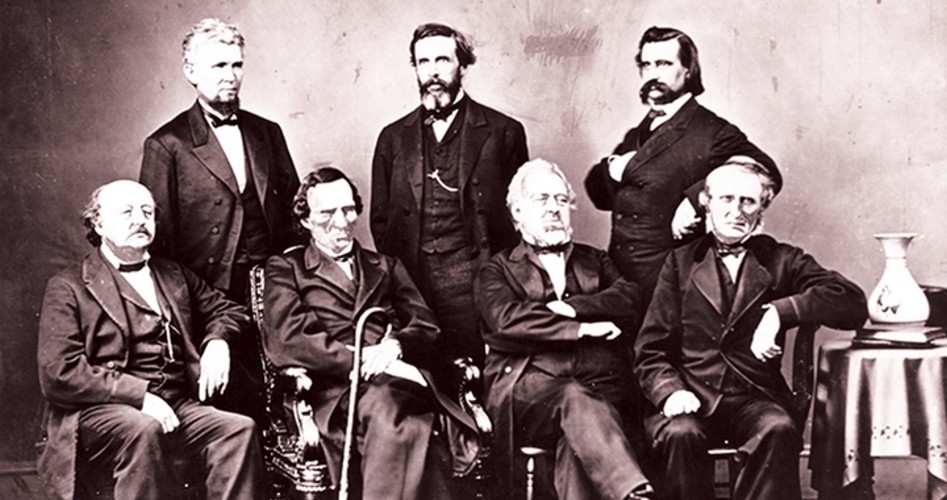The Impeachment of President Andrew Johnson
Opponents reviled the president, even accusing him of various and sundry crimes. Some in Congress attempted to portray him as a would-be dictator who consistently disregarded the Constitution of the United States. Others expressed shock at his boorish, un-presidential behavior, arguing that he was no longer “fit to retain the office of president.” They particularly denounced what they described as his “intemperate, inflammatory and scandalous harangues.”
For his part, the president denounced his detractors by name, accusing them of desiring to “destroy our institutions,” and welcomed the vitriol against his enemies coming from those in the audience at his raucous political rallies. His detractors detested him, largely because he was perceived as the major obstacle in advancing their radical political agenda. The president even had to deal with, and eventually fire, a high-ranking member of his own administration who was in league with his opponents in Congress.
While the above may sound like a description of our present-day politics, it is actually a summary of the political environment of the years immediately after the Civil War, when the intense political battles of the time led to the first impeachment of a U.S. president, Andrew Johnson.
JBS Member?
Sign in with your ShopJBS.org account.
 Subscribe Now
Subscribe Now
- 24 Issues Per Year
- Digital Edition Access
- Digital Insider Report
- Exclusive Subscriber Content
- Audio provided for all articles
- Unlimited access to past issues
- Cancel anytime.
- Renews automatically
 Subscribe Now
Subscribe Now
- 24 Issues Per Year
- Print edition delivery (USA)
*Available Outside USA - Digital Edition Access
- Digital Insider Report
- Exclusive Subscriber Content
- Audio provided for all articles
- Unlimited access to past issues
- Cancel anytime.
- Renews automatically



